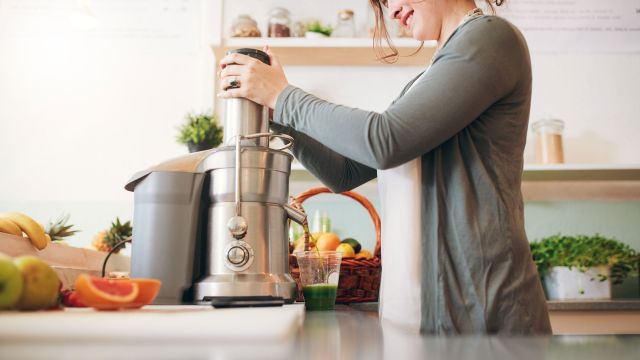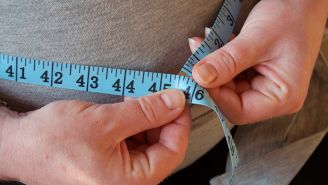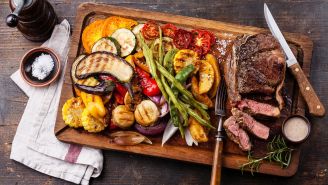Preparing for a beach vacation? Need to fit into last season's dress? Or just looking to lose a few pounds? Hopping on the juice cleanse train might be tempting—they’re touted all over social media, after all—but it might not be what's best for your body.
Detox diets, flushes, cleanses—whatever you call them—boast weight loss and the removal of toxins from the body. By and large, these regimens limit or even restrict your intake of solid food and promote the consumption of juice, other liquids and sometimes supplements for days at a time.
Before you swear off solid food, here's what you need to know about these ever-popular diets.
Your body has its own detoxification system
Many detoxes claim to be an effective way to rid the body of toxins. Of course, flushing unwanted substances out of your system seems like a good idea, but there's little evidence to suggest slurping a glass of beet juice will help.
That's not all. Our bodies already rid themselves of toxins—without the help of juice or supplements. A number of organs, including the kidneys, lungs and skin, are involved in the detoxification process.
- Your kidneys remove toxins from your blood and carry them out of the body in the form of urine.
- Your lungs expel excess gas, like carbon dioxide.
- The skin acts as a protective barrier, keeping environmental toxins out of your body.
- The digestive system eliminates toxic food, in the form of vomit or diarrhea.
- The liver neutralizes toxins in the body.
Weight loss is typically minimal (and short lived)
There are a number of reasons people try a juice cleanse, weight loss being one of them. When you stop eating normal meals and pump yourself full of fruit and veggie juices, the likely result is consumption of drastically fewer calories.
A day's worth of juices for one commercial juice cleanse, in particular, contains fewer than 1,000 calories, but some may be even lower. When you restrict your calorie intake, which is common on a juice cleanse, it's likely you'll see the numbers on your scale dip downward. But just how lasting is this weight loss?
Unfortunately, post-cleanse weight often piles on as quickly as it slipped off. Once you resume typical eating habits, it's likely you’ll say "so long" to juice-related weight loss.
It's not just unsustainable—it can be dangerous, too
Fruit and vegetable juice—even the all-natural kinds—may not be all that good for you. And unpasteurized juices, or those that haven't been treated to kill bacteria, can make you sick. That's not all. Juices contain carbohydrates, but lack protein and healthy fats, both of which your body rely on.
A diet lacking essential nutrients can cause other health problems:
- Muscle loss: Protein, found in foods like chicken, salmon and black beans, is important for the growth and repair of your body's cells. Prolonged periods without this nutrient can lead to muscle loss.
- Headaches, weakness and fainting: Consuming too few calories can result in these potentially dangerous effects.
- Insulin problems: An all-juice diet can be especially risky for people with diabetes or kidney disease. Consuming excess fruit juice can affect insulin levels and worsen kidney problems.
There are better options
The occasional fresh-pressed juice can be part of a healthy diet, but it doesn't have to replace a day's worth of food. Don't be so quick to pull out the juicer, either—whole fruits and veggies can help promote weight loss, too.
Produce is packed with fiber, a nutrient that aids healthy digestion, keeps bowel movements regular and may boost weight loss. When you juice fruits and vegetables, you may miss out on some of this fiber.
If you're looking to slim down, try plating up a healthy mix of whole grains, lean protein, fresh produce and a bit of good-for-you fat at each meal.
There are some other proven ways to up weight loss:
- Munch smaller portions
- Plan healthy snacks throughout the day
- Make a point to move more






